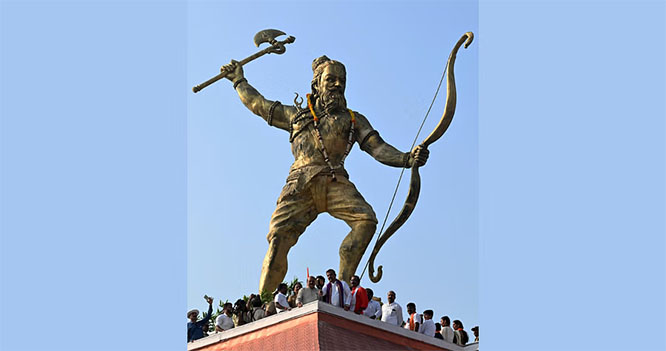Economists have warned that Inflation in the wider Middle East including the Gulf Cooperation Council countries will spike this year due to an increase in food and commodity prices after the Russia-Ukraine war.
“The UAE economy has had a strong start to 2022, with crude oil production up 12 per cent year-on-year in the first quarter of this year. Survey data points to a solid expansion in non-oil sectors as well. We expect inflation to average 4.3 per cent this year from 2.3 per cent previously, significantly higher than last year’s 0.2 per cent average consumer price index,” said Emirates NBD Research in a recent quarterly report on the region.
It is projected that the inflation will ease to 2.5 per cent for the UAE next year.
While inflation in most of the other Gulf countries will also witness a surge this year, with average inflation reaching 3.0 per cent, 3.5 per cent, 2.5 per cent, 3.5 per cent and 3.0 per cent in Saudi Arabia, Qatar, Oman, Kuwait and Bahrain, respectively.
The increase in inflation is attributed to the impact of the Ukraine-Russia war on the global food and other commodity prices as well as high crude oil prices.
James Swanston, economist for the Mena region at Capital Economics, said non-Gulf economies are more vulnerable to the fallout from the Ukraine war.
“Higher commodity prices will increase subsidy costs in North Africa, which is likely to prompt governments to cut expenditure elsewhere. At the same time, inflation will rise further and erode households’ real incomes,” he said.
He said higher commodity prices will also cause external positions to deteriorate further.
Recently, Egypt responded to this by devaluing the pound in March, and Swanston believes Cairo will need to let the currency fall further. “This will push inflation up, even more, taking it well above the central bank’s target range and prompting another 350bp of interest rate hikes (to 12.75 per cent) by year-end – this is far more tightening than most currently expect.”
James Swanston projected that inflation will increase in Saudi Arabia in the coming months due to the impact of rising global food prices.
“However, we do not expect the headline rate to rise to levels seen elsewhere in the emerging world, particularly as the government has kept a cap on local fuel prices since July last year. Inflation should peak around 2.5 per cent and then fall back to around 1.0-1.5 per cent year-on-year where it will remain throughout 2023-24. If the government does loosen fiscal policy by cutting value-added tax (VAT), this would knock inflation further down,” he added.







Comments
Add new comment